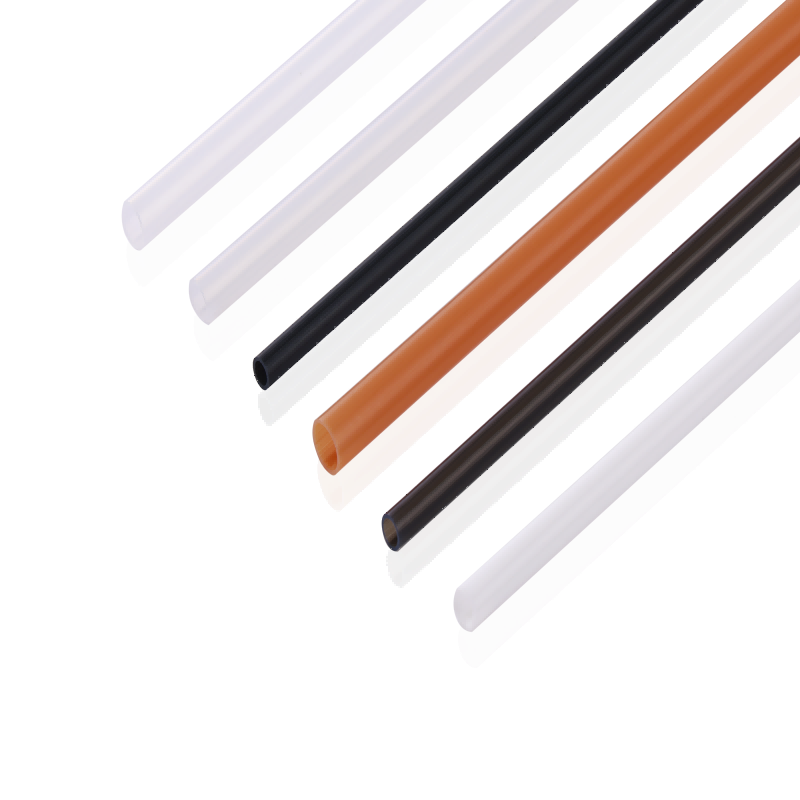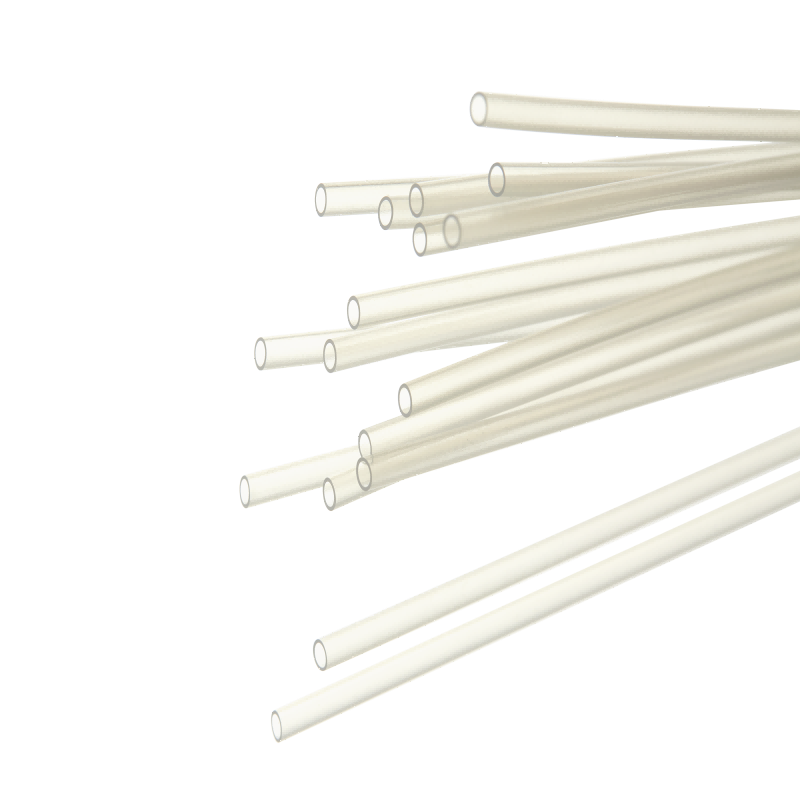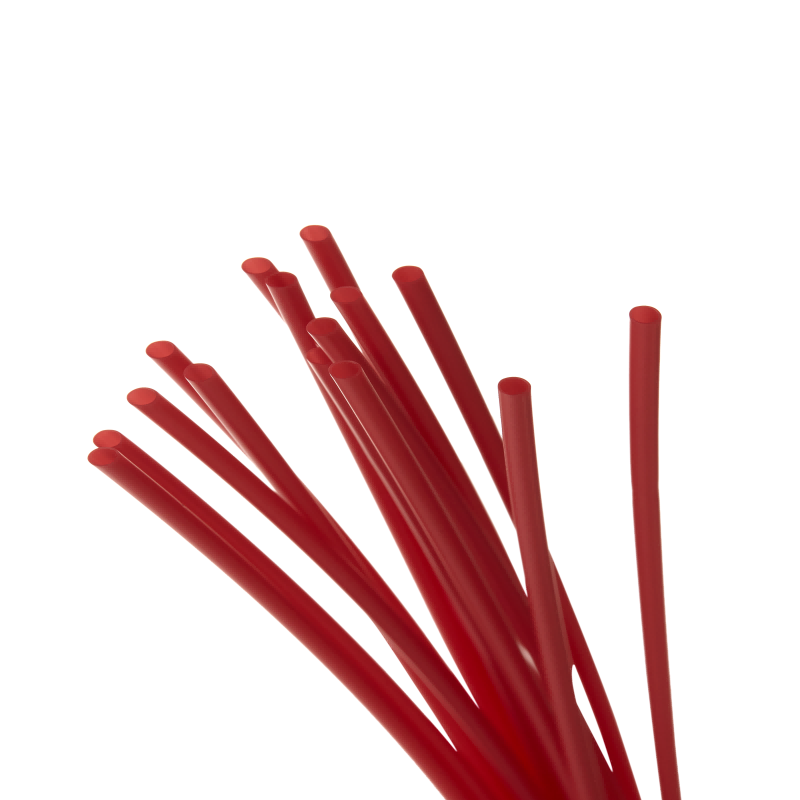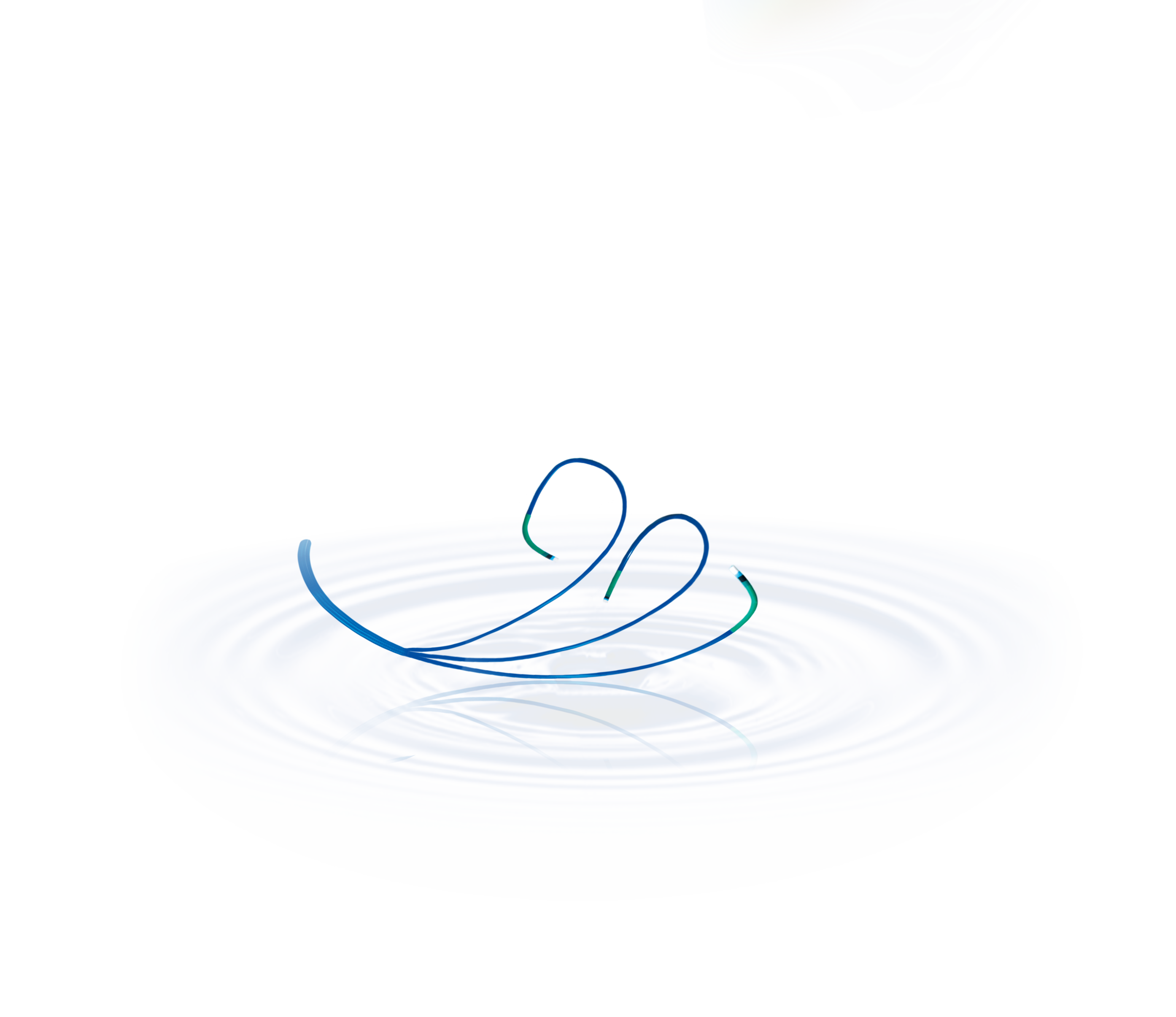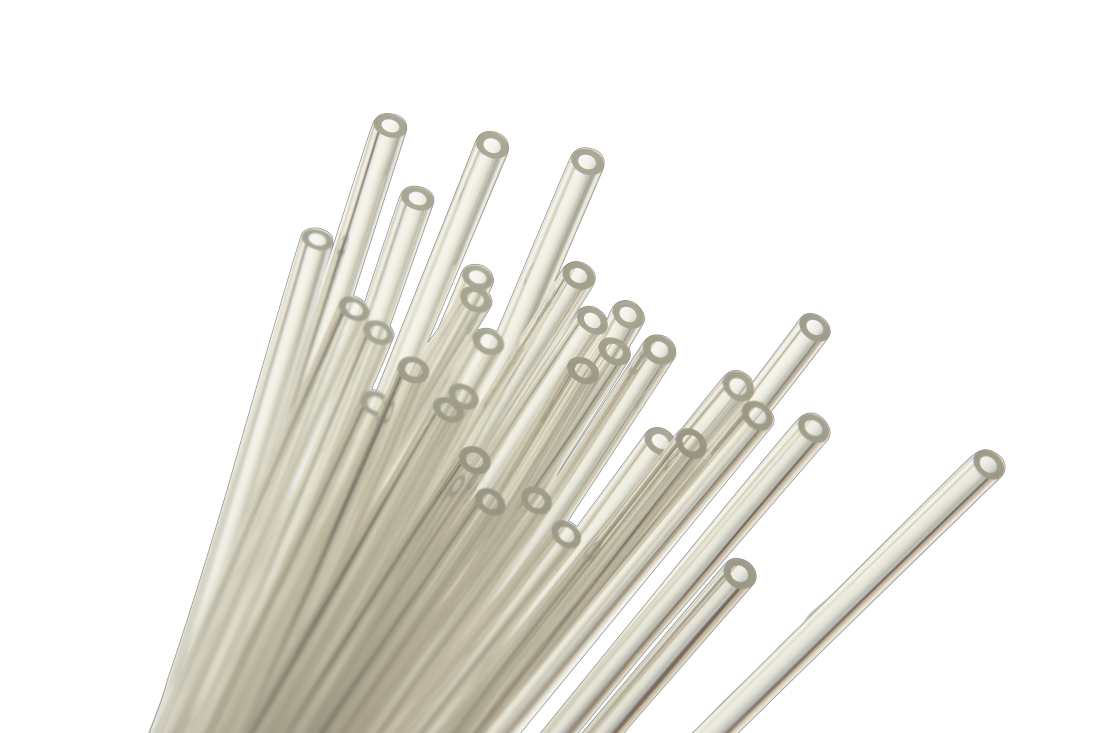PTFE Liner
PTFE (polytetrafluoroethylene) is a synthetic fluoropolymer that is used as a liner in catheters due to its unique properties. PTFE has a very low coefficient of friction and is a highly durable material with excellent tensile strength. Catheter liners made of PTFE can withstand the stresses of use in medical devices and resist breaking or tearing.
PTFE is used as a liner in catheters because it provides a smooth, low-friction surface that helps reduce the risk of infection and tissue damage. They are also biocompatible so that most people won’t experience an allergic reaction or any negative response.
Features
Dip coating process:- Supplied in rolls, can be used for subsequent continuous production, low manufacturing cost of post-process
- The ultra-thin design improves lubricity, minimizing damage and irritation to surrounding tissues during medical instrument insertion and withdrawal.
- The outer layer can be covered with polymer materials, long shelf life, good bonding effect
Applications
- Guiding Catheters
- Deflectable Catheters
- Steered Catheters
- Device delivery systems
Technical Parameters
- Mandrel outer diameter: 0.010”~ 0.137”
- Minimum wall thickness: 0.0005”~ 0.002”
Related products
-
ETFE Tube
ETFE tubes manufactured by Demax are crafted from high-quality ethylene tetrafluoroethylene (ETFE) polymer.
This fluoropolymer material offers exceptional chemical resistance, mechanical strength, and biocompatibility, making it ideal for medical device applications.
ETFE tubes undergo precise extrusion processes to achieve consistent dimensions, smooth surfaces, and reliable performance in medical settings.
-
PE Tube
The PE Tube is meticulously crafted from high-quality polyethylene, a thermoplastic polymer renowned for its exceptional chemical resistance, flexibility, and biocompatibility.
The PE Tube, or Polyethylene Tube, represents a vital component in the realm of medical devices, serving as a conduit for the passage of fluids or gases within the body during various clinical procedures. Crafted from polyethylene, a resilient and biocompatible material, the PE Tube is engineered to meet the rigorous demands of medical interventions while ensuring patient safety and procedural efficacy.
-
Guiding Catheter
Guiding catheters are typically composed of biocompatible materials such as polyurethane or nylon, chosen for their flexibility, durability, and compatibility with bodily tissues. The catheter shaft is reinforced with braided or coiled wires to provide structural support and torqueability while maintaining flexibility for navigation through tortuous vascular anatomy. Soft, atraumatic tips minimize trauma to blood vessels during insertion and positioning. Radiopaque markers or bands incorporated into the catheter shaft enhance visibility under fluoroscopy or other imaging modalities, allowing for precise navigation and positioning during procedures. Demax’s guiding catheters are engineered with advanced materials and design features to optimize performance and safety, ensuring successful outcomes in a wide range of interventional procedures.
-
PA Tube
The PA Tube, also referred to as a Single Lumen Tube, is a crucial component utilized in various medical settings for precise fluid delivery or instrument insertion during procedures. It serves as a conduit, ensuring the seamless transfer of fluids or the introduction of medical instruments with accuracy and reliability. Constructed from durable materials, the PA Tube is designed to withstand the rigors of medical procedures while prioritizing patient safety and comfort.
